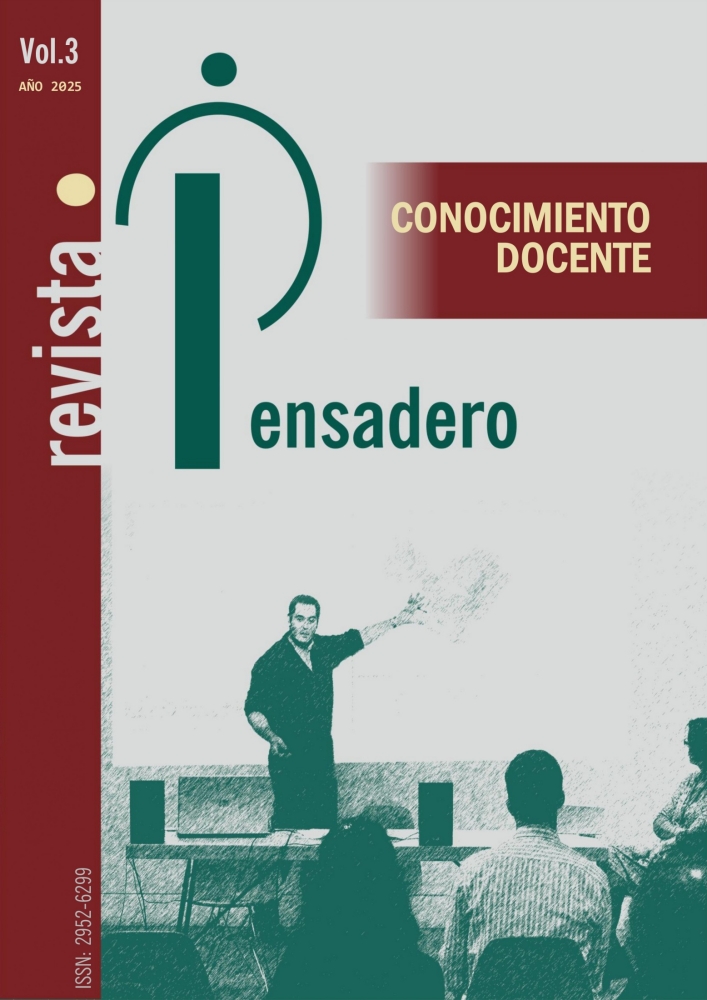Abstract
Scientific inquiry has been recognized as one of the main scientific practices, although the implementation of inquiry-based learning for preservice-teachers is complex. For this reason, this work describes an Inquiry-based Teaching sequence that engages future teachers in designing inquiry activities, considering their starting point and their evolution throughout the sequence. In addition, the difficulties and limitations encountered by the preservice teachers are also identified. This sequence is carried out by 20 students in the subject of Learning and Teaching of Biology and Geology in the Master of Teacher Training. The results show that although the teachers get to design guided inquiry activities, they show problems to define a question to be investigated for their students and to establish the guide that they must provide to their students to carry count their resolution process. The implications of these results for teacher education are discussed in the conclusions.
References
Ansón, J. A., & Bravo-Torija, B. (2017). Resultados e implicaciones de una propuesta para promover el desarrollo de las destrezas científicas en un aula de Biología de bachillerato. Revista Electrónica de Enseñanza de las Ciencias, 16(1), 132-151.
Bárcena, A. I., & Martínez-Aznar, M. M. (2022). Inquiry about Chemistry Reactions and Development of Scientific Competence, Enseñanza de las Ciencias, 40(2), 5-23.
Bravo-Torija, B., Bermúdez-Rochas, D., Mora-Urda, A. I., & Sánchez, N. (2023). De la “receta de cocina” a la investigación: cambios en el rol del docente en el marco del aprendizaje basado en indagación. En M. González-Montero y A. Herráez Sánchez (Eds.). Experiencias y estrategias de innovación educativa en ciencia, tecnología, ingeniería y matemáticas (III) (pp. 55-62). Santillana.
Bravo-Torija, B., Gálvez-Esteban, R., & Calvo, A. (2021). De las recetas de cocina a las experiencias de indagación en las aulas de ciencias. En L. Cañadas & S. Rappoport (Eds.). Las competencias generales en la formación inicial docente. Experiencias y orientaciones para su desarrollo (pp. 24-35). Dykinson.
Casas-Quiroga, L., & Saez-Bondía, M. J. (2024, en prensa). Orientaciones para el diseño de actividades de indagación en el aula de ciencias. En B. Bravo-Torija., & A. I., Mora-Urda (Eds.). Actividades de indagación para trabajar las ciencias experimentales en contexto en Educación Primaria. Dykinson.
Crawford, B. A. (2014). From inquiry to scientific practices in the science classroom. En N. G. Lederman & S. K. Abell (Eds.), Handbook of Research on Science Education, Volume II (pp. 515– 541). Routledge.
Crujeiras-Pérez, B. (2017). Análisis de las estrategias de apoyo elaboradas por futuros docentes de educación secundaria para guiar al alumnado en la indagación. Revista Eureka sobre Enseñanza y Divulgación de las Ciencias, 14(2), 473–486.
Crujeiras-Pérez, B. C., & Díaz-Moreno, N. (2022). Promoting pre-service primary teachers’ development of NOSI through specific immersion and reflection. Eurasia Journal of Mathematics, Science and Technology Education, 18(3). https://doi.org/10.29333/ejmste/11795.
Días de Bustamante, J., & Jiménez-Aleixandre, M. P. (2008). El desarrollo de competencias para usar la noción de célula en secundaria. En P. Calvo & J. Fonfría (Eds.). Recursos Didácticos en Ciencias Naturales (pp. 169-186). Real Sociedad Española de Historia Natural.
Duschl, R. (2008). Science education in three-part harmony: Balancing conceptual, epistemic, and social learning goals. Review of Research in Education, 32(1), 268–291.
Ferrés, C., Marbá, A., & Sanmartí, N. (2015). Trabajos de indagación de los alumnos: instrumentos de evaluación e identificación de dificultades. Revista Eureka sobre Enseñanza y Divulgación de las Ciencias, 12(1), 22-37.
Furtak, E. M., Seidel, T., Iverson, H., & Briggs, D. C. (2012). Experimental and Quasi-Experimental Studies of Inquiry-Based Science Teaching: A Meta-Analysis. Review of Educational Research, 82(3), 300-32.
Gilbert, A. (2009). Utilizing science philosophy statements to facilitate K-3 teacher candidates’ development of inquiry-based science practice. Early Childhood Education Journal, 36(5), 431– 438. https://doi.org/10.1007/s10643-009-0302-7
Janssen, F., Westbroek, H., & Doyle, W. (2014). The Practical Turn in Teacher Education: Designing a Preparation Sequence for Core Practice Frames. Journal of Teacher Education, 65(3), 195–206.
Jiménez-Liso, M. R., Martínez-Chico, M., & López-Gay Lucio-Villegas, R. (2023). Cómo enseñar a diseñar Secuencias de Actividades de Ciencias: Principios, elementos y herramientas de diseño. Revista Eureka sobre Enseñanza y Divulgación de las Ciencias, 20(3), 380101-380123. https://doi.org/10.25267/Rev_Eureka_ensen_divulg_cienc.2023.v20.i3.3801
Lederman, N.G., Lederman, J.S., & Antink, A. (2013). Nature of science and scientific inquiry as contexts for learning of science and achievement of scientific literacy. International Journal of Education in Mathematics, Science and Technology, 1(3), 138-147.
Nawani, J., von Kotzebue; l., Spangler, M., & Neuhaus, B. J. (2019). Engaging students in constructing scientific explanations in biology classrooms: a lesson-design model. Journal of Biological Education, 53(4), 378-389.
Sjøberg, S. (2019). Critical perspectives on inquiry-based science education (IBSE) in Europe. EUN Partnership, European Schoolnet.
Strat, T. T. S, Henriksen, E. K., & Jegstad, K. M. (2023). Inquiry-based science education in science teacher education: a systematic review. Studies in Science Education, 1-59. https://doi.org/10.1080/03057267.2023.2207148.
Stuchlikova, I., Petr, J., & Papacek, M. (2013). Inquiry-based teaching and future teachers’ attitudes towards it. En M. H. Hoveid & P. Gray (Eds.), Inquiry in science education and science teacher education - Research on teaching and learning through inquiry-based approaches in science (teacher) education (pp. 167–186). Akademika forlag.
Vílchez-González, J. M., & Bravo-Torija, B. (2015). Percepción del profesorado de ciencias de educación primaria en formación acerca de las etapas y acciones necesarias para realizar una indagación escolar. Enseñanza de las Ciencias, 33(1), 185–202.
Windschitl, M. (2003). Inquiry projects in science teacher education: What can investigative experiences reveal about teacher thinking and eventual classroom practice? Science Education, 87(1), 112–143.

This work is licensed under a Creative Commons Attribution-NonCommercial-NoDerivatives 4.0 International License.
Copyright (c) 2025 Beatriz Bravo Torija

